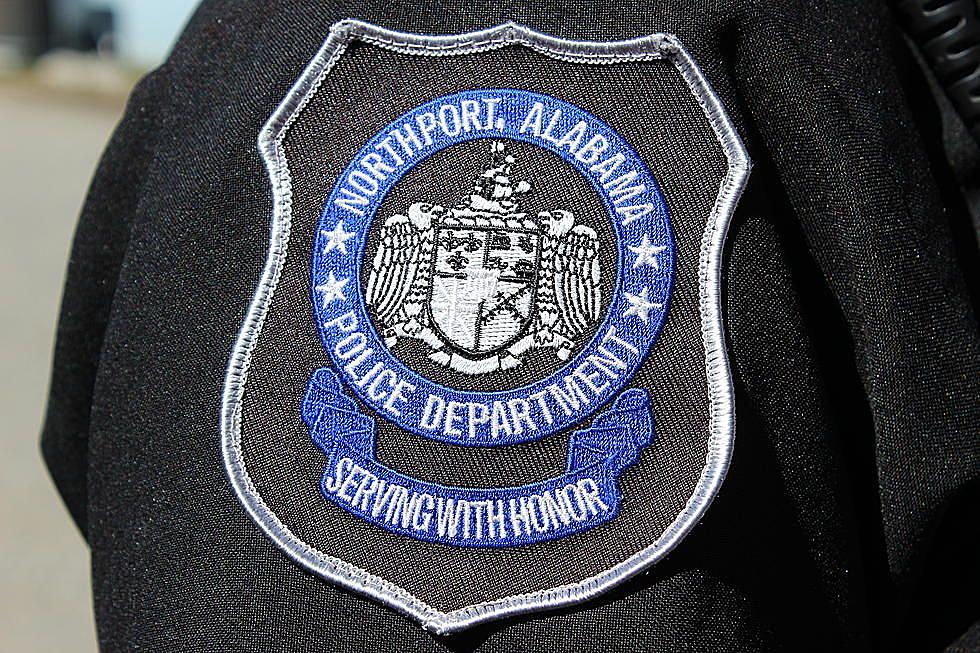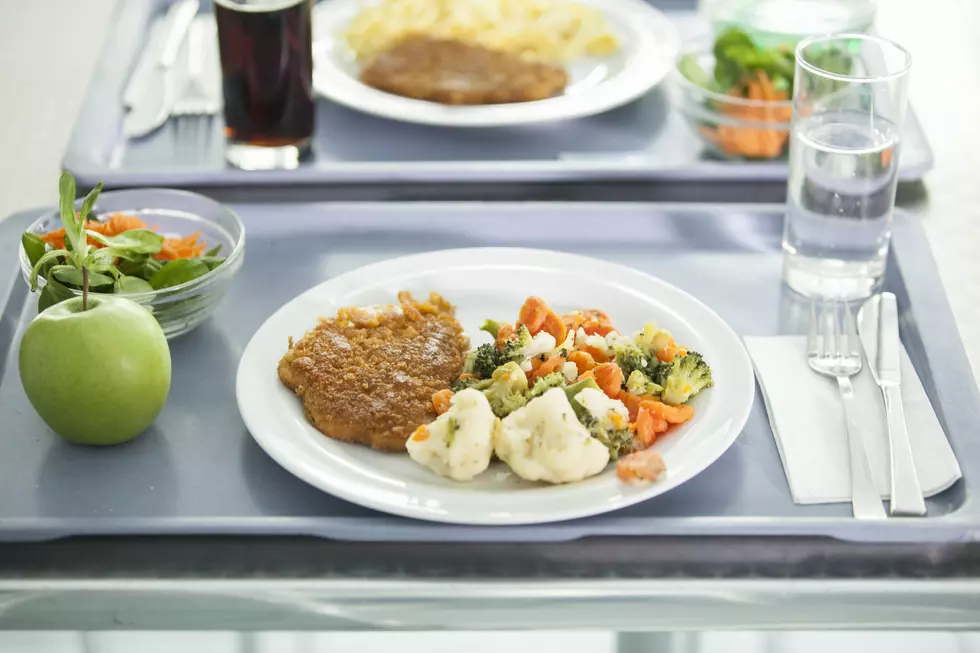
“Jim Crow is Over”: Tuscaloosa Council Quiet After Droves Defend Strip Sports Bar
Members of the Tuscaloosa City Council kept quiet after more than a dozen patrons of a beleaguered sports bar on the Strip took time to defend it Tuesday night.
The council had a short and straightforward agenda Tuesday and was ready to adjourn after less than 20 minutes of discussions and votes but, as they do every week, opened the floor first to comments from citizens.
For the next half hour, 13 Black citizens took to the lectern to speak on behalf of Twelve25, a gastropub that opened on University Boulevard on the Strip in 2020.

CODE CHANGE AND LAWSUITS
For those unfamiliar with the latest developments in municipal politics, city leaders have soured recently on gastropubs, which operate as restaurants by day and morph into bars at night, over the perception that the large crowds they draw create a public safety risk.
Last month, the council voted to amend city code and prohibit gastropubs from removing tables and chairs from the floor to increase the number of people allowed inside their building after they transition to a bar at night.
This instantly slashed Twelve25's occupancy during bar hours from 519 to 287, their maximum capacity while functioning as a restaurant, and could spell catastrophe for the business model there, but changed nothing for the standalone bars on the Strip which do not operate as gastropubs.
Last month, city attorney Scott Holmes estimated the change would impact just two businesses -- Twelve25 and a second gastropub further downtown.
Twelve 25 owner Jay Jarrett sued the city last month, then dismissed that case when it was moved over to a federal court. His legal team filed a new lawsuit last week meant to keep the battle local.
In the suits, Jarrett has argued that he is being unfairly targeted by the city because he and most of his patrons are Black and that white-owned establishments with bigger crowds and significantly worse safety records are not being made to change at all.
"A GOOD SOUTHERN FAMILY REUNION"
Although there were no measures on Tuesday night's agenda related to Twelve25, 13 speakers addressed the council for 30 minutes at the end of the meeting, pleading on the gastropub's behalf.
"To me, Twelve25 is like we're always at a good southern family reunion in a safe place, fellowshipping, eating good, dancing and meeting new cousins all while trying to determine when we're going to meet up again," said doctoral candidate Rochelle Quarles, who said the venue was a key reason she made it through the stress of seeking her master's degree while working full-time during the worst of the pandemic.
Speakers said Twelve25 is one of the only places in Tuscaloosa where they are not made to feel judged or unwanted.
"There have been very few Black-owned establishments that have existed in Tuscaloosa and they've had lifespans, from what I've seen, of two or three years, so we want to just advocate on behalf of Twelve25 and keep it here," said Austyn Ladson. "To have something that's for us, for the community, for the people, that's something we want to protect and something we want to keep because it provides safety and a place for us to just unwind and be ourselves."
"JIM CROW IS OVER"
Some speakers did more than simply support the bar and accused the council of using both policy-making and police overreach to intentionally hurt Twelve25.
"I couldn't count how many times I've been to the bars on the Strip, but I can tell you that I've never been asked by TPD for my ID in the Boom Boom Room of Rounders nor have I been told I'm not allowed to join the line for Wine Wednesday [at Gallettes] when it has stretched well past the Regions ATM. Ironically, both of these things have happened at another place, and that is at Twelve25," said Arin Massey. "It's clear to all that Twelve25 is the only bar on the Strip being publicly targeted and at risk to be shut down. It's time for the city to accept the fact that Jim Crow is over and Black businesses, students and residents are here, vital parts of the community and will remain here."
Ryann Troutman, a senior at the University of Alabama, gave a bleak summary of the worst parts of her experience as a Black student, including being called racial slurs in broad daylight and being ticketed for 'loitering' near Twelve25 even as white revelers were out of control just across the street.
"Twelve25 is more than another bar on the Strip. It's a clear mark of defiance against those who anonymously say no to spaces where people of all races and backgrounds can find support and fellowship," she said. "To see these restrictions moved against Twelve25 is truly sad and proves to me that what I believed to be the words and actions of the few are clearly that of many. It's saddening but not surprising, blatant and discriminatory, and that is what it is really like to be Black in Tuscaloosa."
So it went as six council members listened in silence, then just five -- councilwoman Raevan Howard did not attend Tuesday's meeting and Kip Tyner left the meeting after the first few speakers to be on time for another commitment.
After 20 minutes and a handful of speakers, Mayor Walt Maddox said all remaining speakers would be limited to three minutes of commentary.
MOVE TO ADJOURN
After the 13 speakers spent half an hour defending the gastropub and questioning the city's motives for recent actions that affect it, city attorney Holmes took the lectern to suggest the council should not respond to them.
"As you are aware, there is litigation ongoing between the city and Twelve25," Holmes said. "I know many of you may feel compelled to address some of the heartfelt comments here tonight. It would be my advice to you not to."
The remaining five members of the council and mayor Maddox followed that advice, and the council voted to adjourn the meeting.
For updates on this situation and Jarrett's lawsuit as they develop, stay connected to the Tuscaloosa Thread.
Top Stories from the Tuscaloosa Thread (4/10 - 4/17)
More From Tuscaloosa Thread









